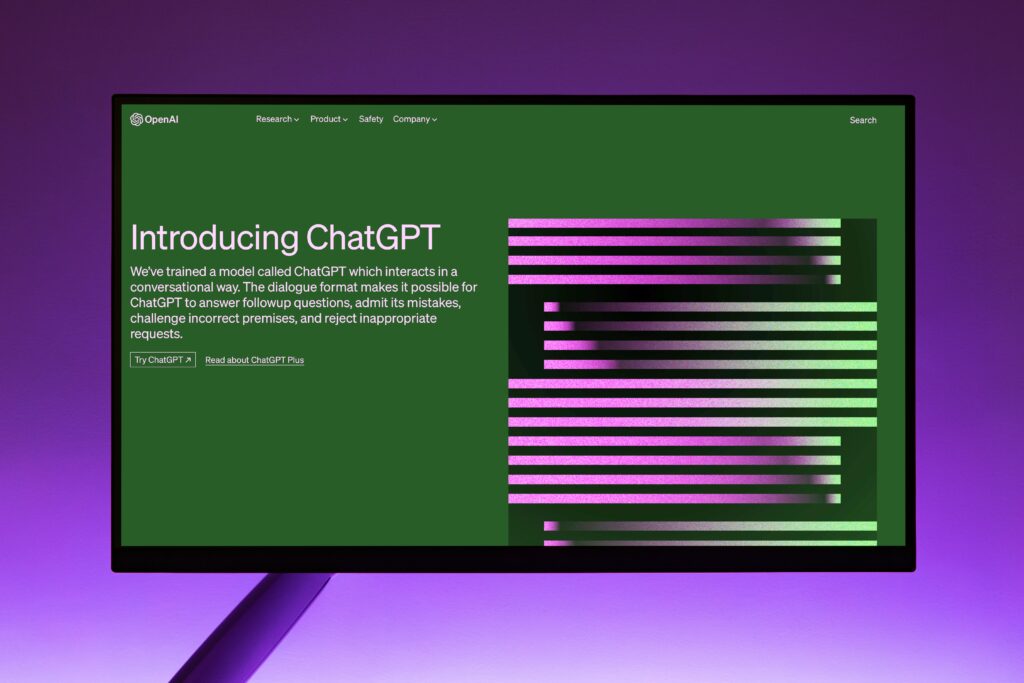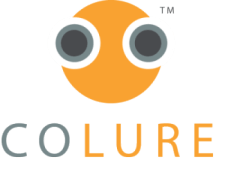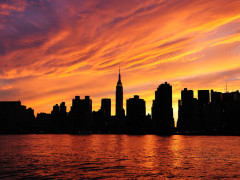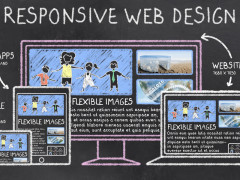By now, most people are familiar with the sheer level of disruption that AI-driven tools like ChatGPT are leaving in their wake. That one in particular is already being used take (and pass) business school exams for people. A mobile app like the Robinhood app was used by Reddit to upend the stock market. It’s changed the way people think about searching online. It’s had a major impact on eCommerce. The list goes on and on.

But when it comes to art, the impact has largely been limited to being a novelty… until now. People have used ChatGPT to write wonderfully bizarre essays or to create rudimentary pictures based on rough descriptions. But could that same tool soon be used to instantly create another season of your favorite television show, or to write massive series of novels so that you never run out of something to read?
If the answers to those questions are “yes”… is that a problem? That’s where things get tricky.
The Impact of AI on Art is Already Here
Perhaps the biggest example of this idea playing out in the news right now takes the form of the Hollywood Writer’s Strike. For those unfamiliar, all writers who are a part of the Writer’s Guild of America (or WGA for short) began a strike in May 2023 with a list of demands that studios like Disney and Warner Brothers initially refused to accommodate. One of them had to do with protections against the impact that artificial intelligence might have on the entire industry.
One of the WGA’s demands was that studios “regulate the use of artificial intelligence on all covered projects.” More specifically, they want guarantees that AI will not be used to write or rewrite literary material, that anything generated by AI cannot be used as source material, and that anything covered under the Guild (which is just about everything produced by the major Hollywood studios) can’t be used to train an artificial intelligence algorithm.
To put it another way, writers want guarantees that they’ll lose out on future jobs in the future because AI will simply be used to fill that void. If they turn in a first draft of a script, they want to make sure that they won’t be immediately fired so that an AI can then rewrite it for free. Anything that has previously been written (like a script for cinematic classics like “The Godfather” or “Gone With the Wind”) should also not be used as training material to allow an AI algorithm to do all of the above.
In essence, what they’re trying to protect is not necessarily their ability to be artists – as any of us can do that at any point. It’s their ability to make a living from it. If a studio has a choice between paying someone to write a script and using an AI tool like ChatGPT to create that same script for “free” (after the initial investment of course), and the results are similar if not identical, it’s clear that they will select the second option almost every time.
Equally complicating things is the subjective nature of art. Person A could watch a movie that they loved while Person B could watch the same movie and think it was terrible. So who is to say a script written by an AI tool like ChatGPT isn’t just as good as one written by a human?
The same is true of the quality of a painting written by AI, or a song that has been generated in largely the same way.
So even though, as it stands, AI cannot replicate the quality of human-derived art with 100% success (just look at the hands in any AI-generated drawing of a human for proof of that), there will come a day when that is no longer the case. Given how hard the Hollywood writers are currently fighting, that day may come a lot sooner than most people realize.
What happens then? If “art” lacks that human element – that connection that we make with the thoughts, ideas, and feelings of another human being – does it continue to be art? If “yes,” does that matter? Is this future inevitable? These are the types of questions that people who care about art and its impact on our society are already having.
As the philosopher Alfred Korzybski once said “a difference which makes no difference is no difference.” When it comes to art as a concept, that is a level of disruption that we all may have to come to terms with sooner rather than later.




Leave a Reply